The top 5 most common questions about pink eye
Updated JUL 6, 2023 • 4 min read
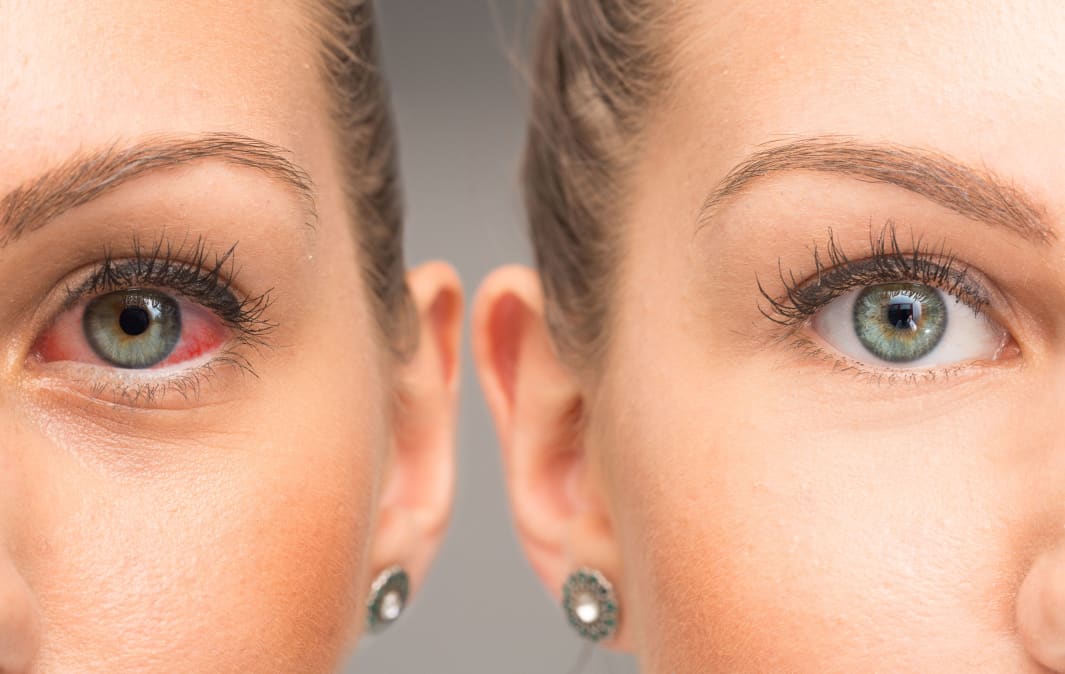
Summary in 30 seconds
This morning you woke up, looked in the mirror, and noticed that your eye is…pink and irritated? You may have “pink eye”, or conjunctivitis. Pink eye may look scary and feel uncomfortable, but thankfully it is a very common and treatable eye condition.
In this article, discover what is pink eye and what are its possible symptoms. Learn when you can return to work or school. Lastly, find out how to avoid spreading pink eye among your family and friends
Jump to content
- What is Pink Eye?
- What are the Symptoms of Pink Eye?
- Does Over-the-Counter Pink Eye Medicine Work?
- How Long is Pink Eye Contagious?
- How Can You Avoid Spreading Pink Eye?
What is Pink Eye?
A “pink eye” is the general term for an eye that appears red or pink. The eye appears pink because the lining on the white part of the eye is irritated. This irritation makes the blood vessels larger, which makes the eye look redder.
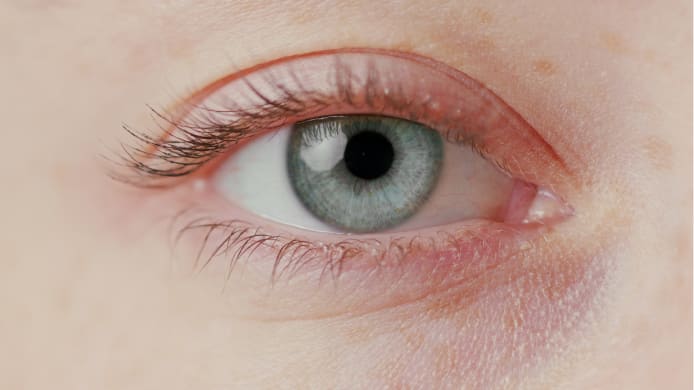
A pink eye has numerous underlying causes, including (but not limited to):
- Infection
- Inflammation
- Irritants
- Injury
- Dryness
- Allergy
- Ulcer
- Sunburn
An eye doctor can usually determine the underlying cause of your pink eye based on your symptoms and eye evaluation. Keep in mind that not all forms of a pink-looking eye are contagious!
For example, pink eye from an allergy is due to your body reacting to allergens (e.g., tree pollen and pet dander), but it is not contagious.
Sometimes it’s conjunctivitis. There’s a difference.
However, when most people are told that they have “pink eye,” they most likely have conjunctivitis, a contagious eye infection in one or both eyes. Conjunctivitis, like the common cold, is a very common condition affecting most people at some point in their life. In fact, public school children with pink eye miss about 3 million days of school in the United States every year. [1]
Two of the main culprits that cause a pink eye infection are bacteria (bacterial conjunctivitis) and viruses (viral conjunctivitis). These forms of conjunctivitis may also occur with symptoms of a respiratory infection, such as coughing, sore throat, or a runny nose. [2]
What are the symptoms of pink eye?
The symptoms of conjunctivitis in one or both eyes typically include:
- Pinkness, redness, or “bloodshot” appearance
- Watering or tearing
- Crusting or matting of eyelid/s
- Swollen eyelid/s or eyelashes
- White discharge (i.e., goopy eyes)
- Sensitivity to light
- Eye pain
- Irritation or grittiness
- Burning
- Itchiness
- Dryness
Note that many eye conditions can cause the above symptoms and may need medical treatment. Therefore, it may be best to have your pink eye examined by an eye doctor.
Does over-the-counter pink eye medicine work?
Because most cases of pink eye are mild, many people get better without a prescription (like the common cold). However, the underlying cause of your pink eye determines whether medical treatment is required. This treatment includes:
- Antiviral eye drops
- Antibiotic eye drops or ointment
- Steroid eye drops
- Antihistamine eye drops
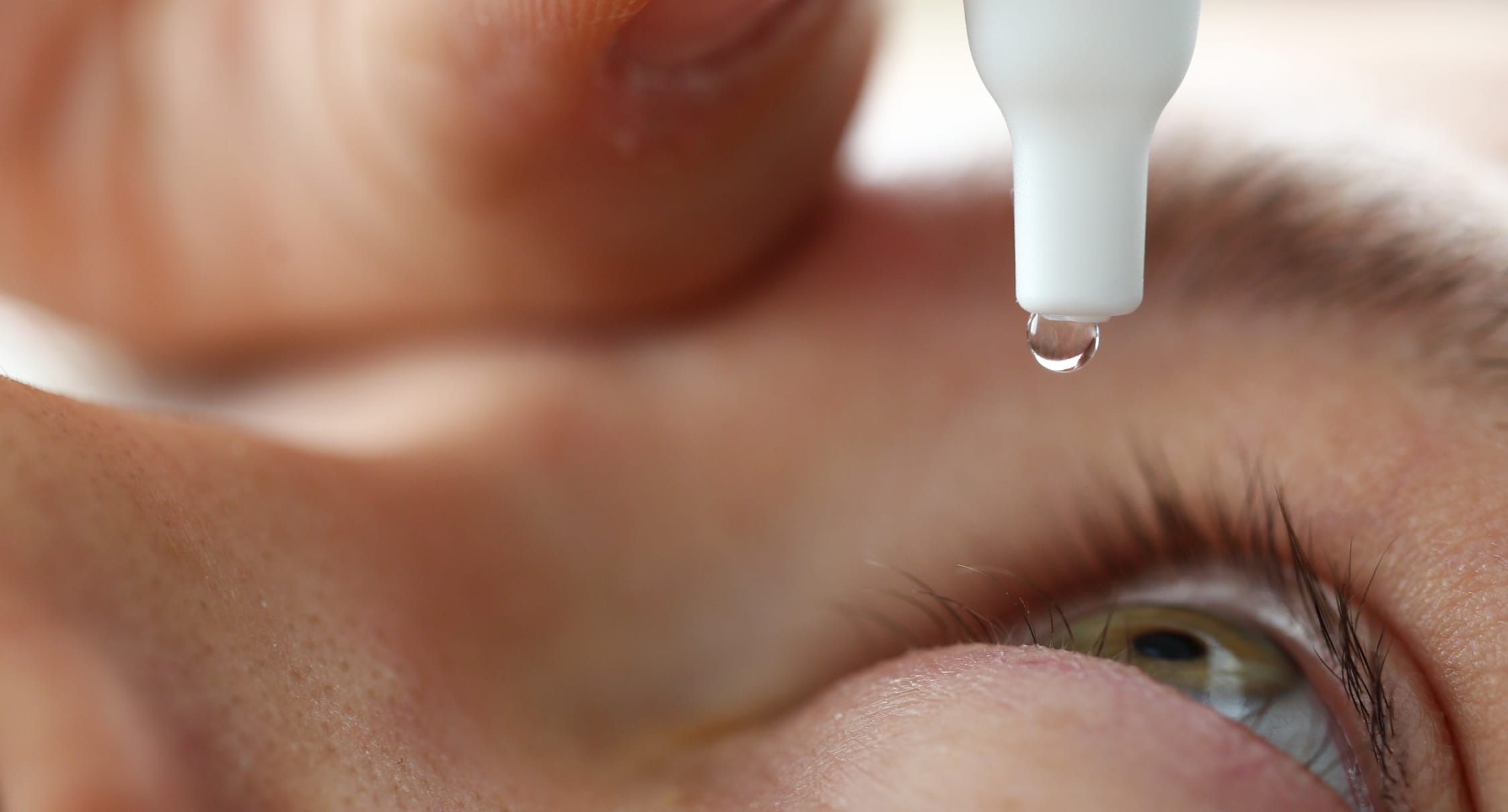
You may relieve mild pink eye symptoms and help your eyes feel more comfortable by:
- Placing cold compresses over your eyelids
- Using over-the-counter artificial tears a few times per day
- Using a wet facecloth to clean your eyelids
- Wearing sunglasses for light sensitivity, even indoors (also hides the redness!)
- Avoiding contact lenses and wearing glasses
Most people with pink eye should not wear their contact lenses until it has resolved. It is best to throw away your current pair of soft contact lenses, contact lens case, and contact solution.
Wearing glasses such as progressive lenses or bifocals, may also alleviate some symptoms, such as eye watering. Once the infection is resolved, most people may return to contact lens wear.
How long is pink eye contagious for?
Great question! Many children or adults are told to stay home until their pink eye is no longer contagious. Most people with conjunctivitis are contagious from a few days to two weeks (similar to the common cold).
If your eyes are tearing, matting, or red, then your pink eye is typically still contagious. It may be best to wait until your symptoms have cleared up; however, check with your eye doctor to determine how long you should stay home.
Practicing good hygiene and avoiding close contact with others may allow you to return to school or work sooner.
How can you avoid spreading pink eye?
Given the recent worldwide COVID-19 pandemic, you are probably quite familiar with how a virus is spread from person to person.
As a reminder, you can catch a virus (or conjunctivitis) by coming into contact with the droplets of an infected person. These droplets are in the sneezes, coughs, or eye tears of the infected person. They can travel in the air, attach to objects, such as doorknobs, counters, phones, or spread by hand shaking.
Therefore, some of the best advice to help lessen the spread of conjunctivitis is similar to the advice for all viruses. Follow general good hygiene guidelines:
- Frequently wash your hands
- Cough into your sleeve
- Avoid touching your face
- Avoid close contact with others
If you have pink eye, it is particularly important to not touch your eyes to lessen the chance of spreading the infection to others. Avoid sharing personal items, like hand towels or cosmetics. Also, change your pillowcase and facecloth daily and dispose of eye cosmetics, including mascara.
If you wear glasses, wash your hands after touching your eyewear because droplets from your tears infected with conjunctivitis may be on the glasses.
If a family member, coworker, or classmate has pink eye, then share the good hygiene advice to lessen their spread of pink eye and protect yourself from getting infected.
Published January 5, 2023|Updated July 6, 2023
SOURCES

 Oversized
Oversized
 Aviator
Aviator
 Wayfarer
Wayfarer
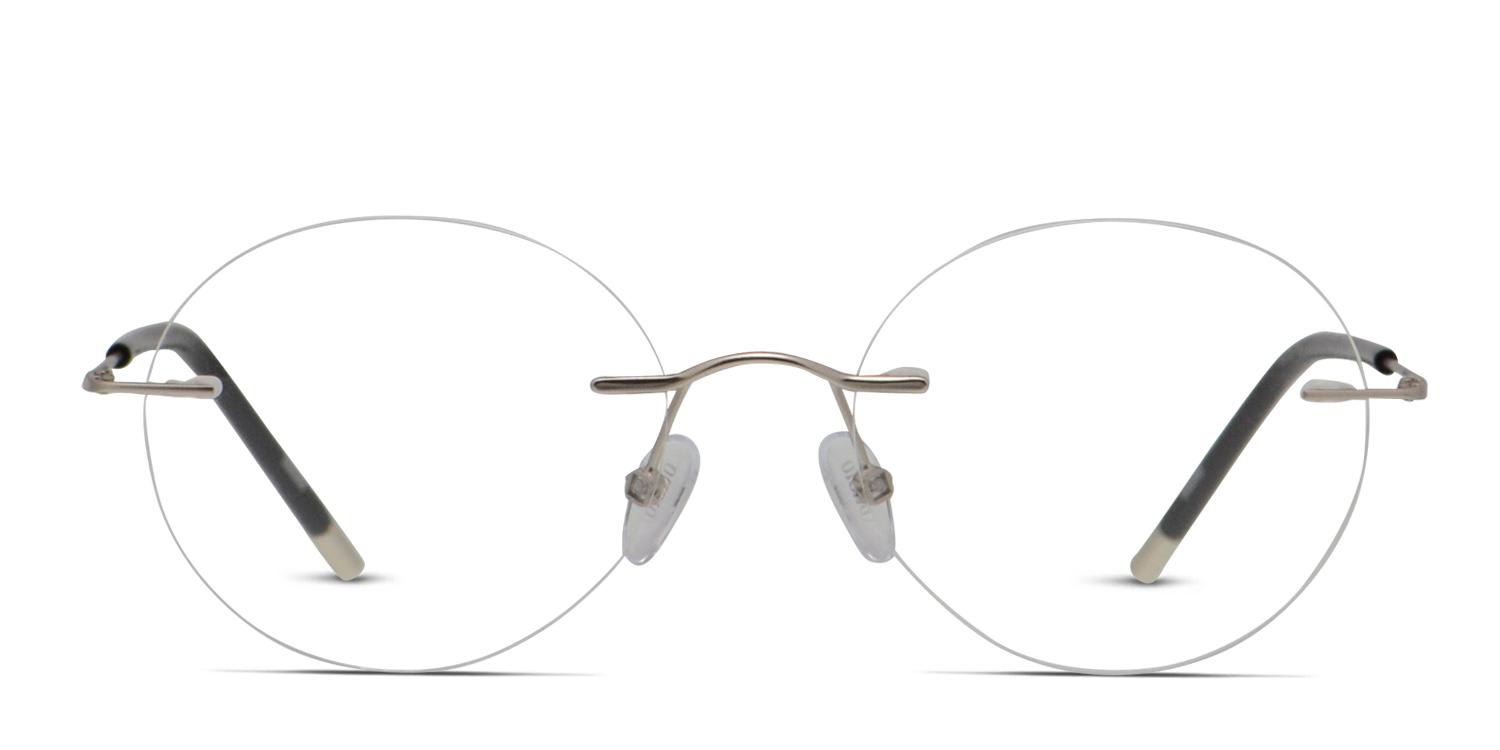 Rimless
Rimless
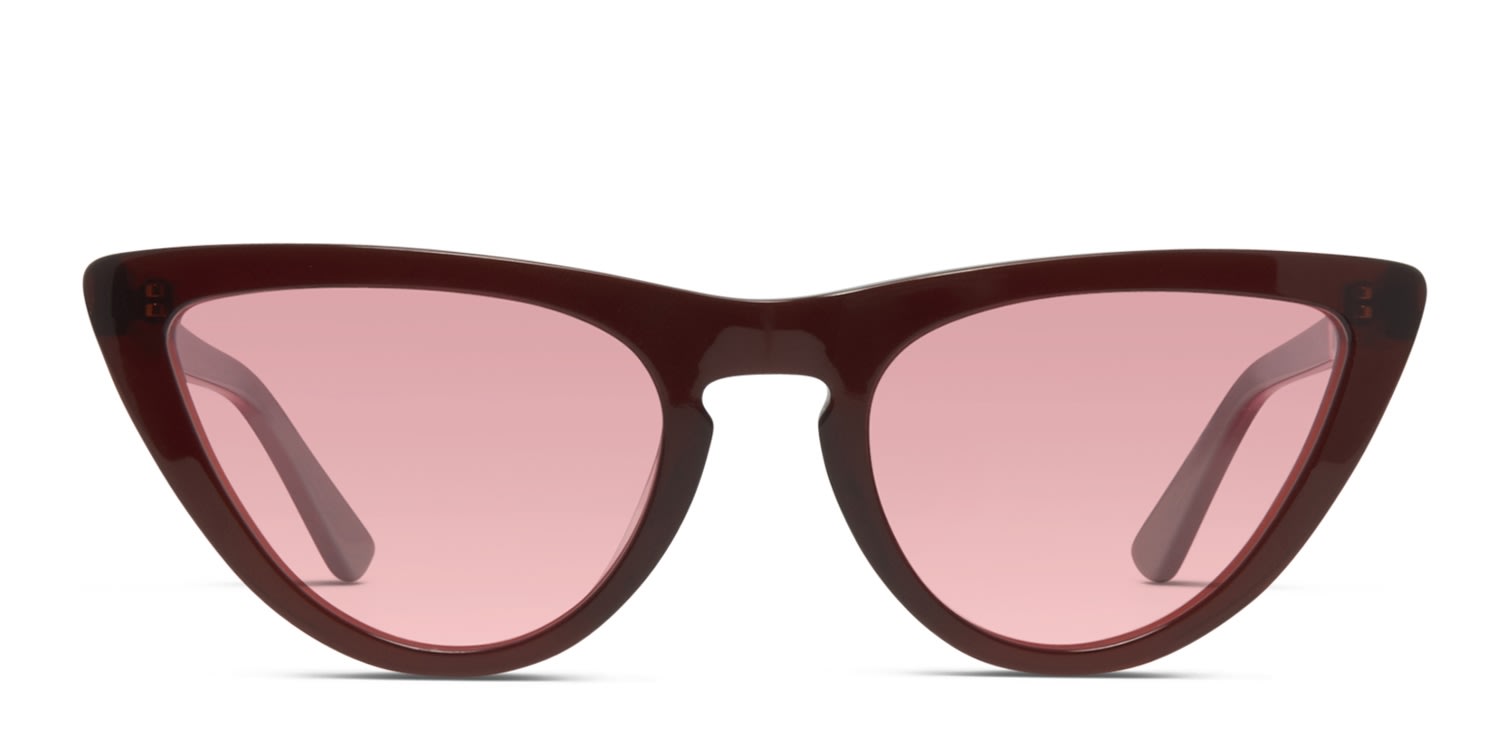 Cat Eye
Cat Eye
 Round
Round

